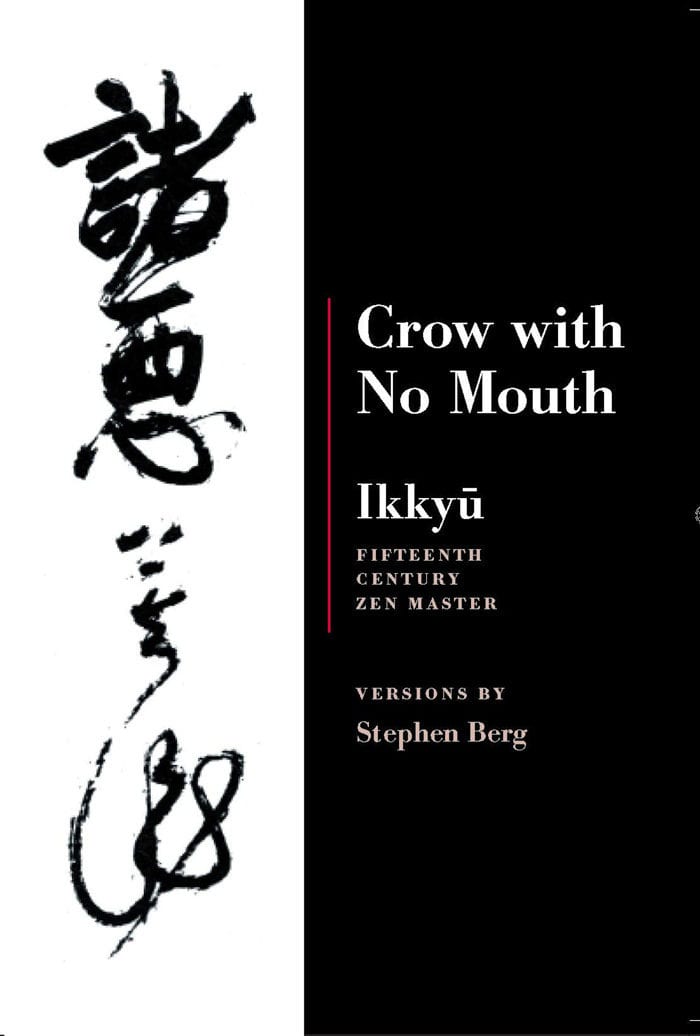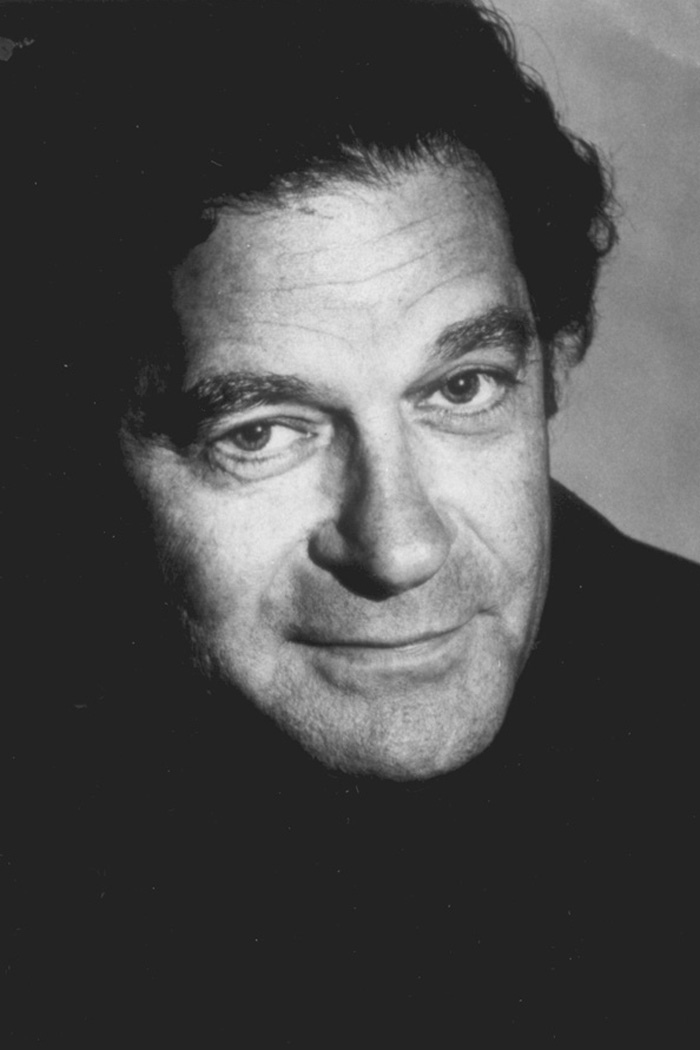
An eccentric classic of Zen poetry. When Zen master Ikkyū Sōjun (1394-1481) was appointed headmaster of the great temple at Kyoto, he lasted nine days before denouncing the rampant hypocrisy he saw among the monks there. He in turn invited them to look for him in the sake parlors of the Pleasure Quarters. A Zen monk-poet-calligrapher-musician, he dared to write about the joys of erotic love, along with more traditional Zen themes. He was a rebel genius who dared to defy authority and despised corruption. Although he lived during times plagued by war, famine, rioting, and religious upheaval, his writing and music prevailed, influencing Japanese culture to this day. His work is translated here by poet Stephen Berg.
ISBN: 9781556591525
Format: Paperback
Reviews
“Ikkyū scandalized the Zen community of his day and is likely to scandalize some readers even now—his short poems are simultaneously bawdy, abrupt, vulgar, and reverential… It is impossible not to love the velocity and variety of his verse.” —Philadelphia Inquirer
“Stephen Berg is exactly the right poet to have translated these poems.” —Hayden Carruth, Hudson Review
“A deeply sensual man, Ikkyū had little patience for the fussiness of monastic life and ritual… What is especially appealing about Ikkyū’s poetry is the way his sensuality infuses his Zen sensibility.” —American Book Review

